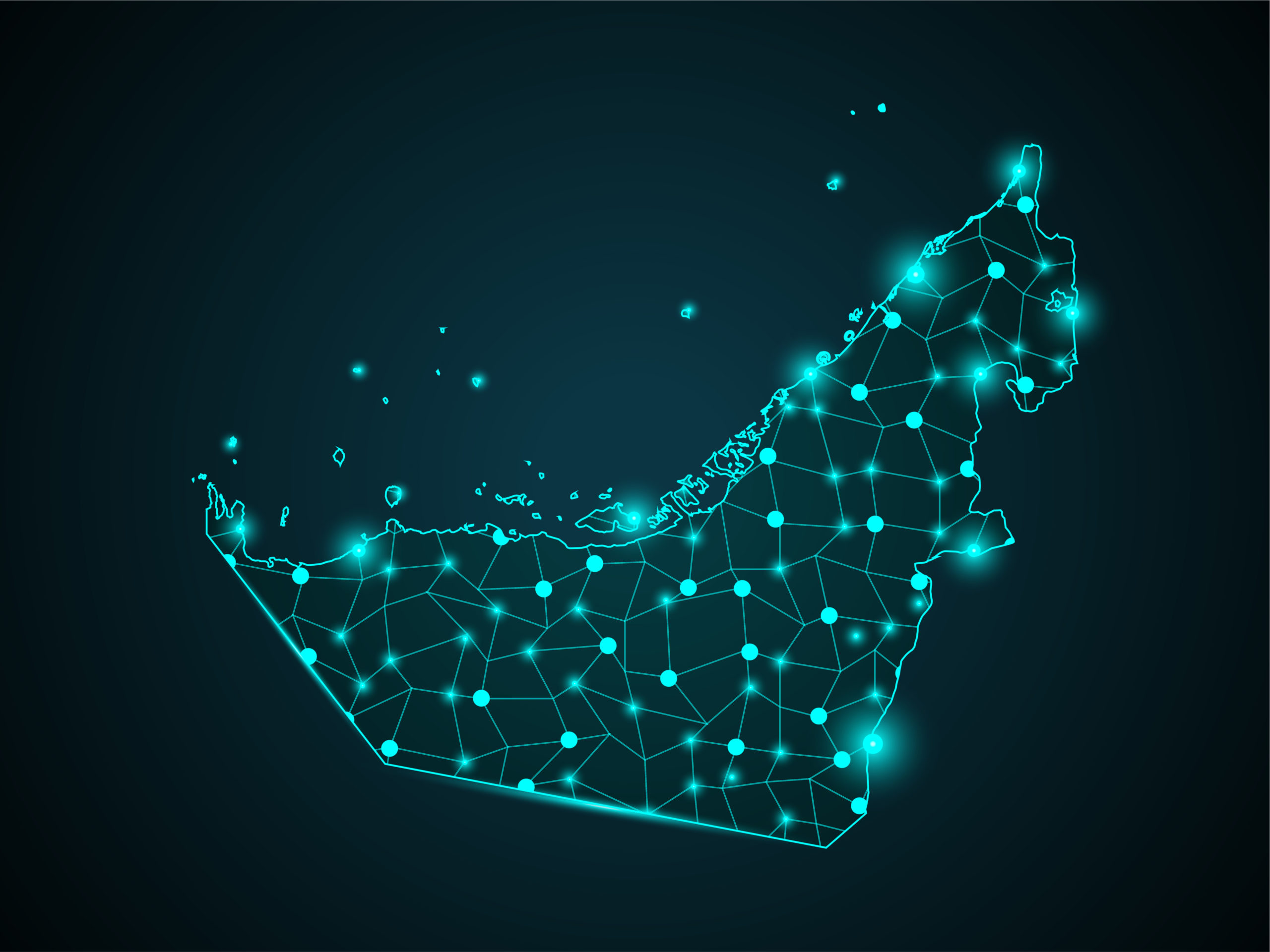One outcome of the Covid-19 pandemic is that artificial intelligence, or AI, has come into its own as a valuable tool for public health services. And the UAE is showing itself to be a world leader in the use of AI in the battle against the coronavirus.
When it comes to infectious diseases like Covid-19, speed is of the essence. Moving rapidly to implement preventative measures and surveillance of the population is vital in slowing the advance of virus. For those measures to be effective, intelligence – as in information – needs to be precise and reliable. Gathering that intelligence is vital but also time-consuming, tediously repetitive and uses up personnel who could be better employed in other tasks. Enter AI.
The UAE has been well ahead of the curve in perceiving the usefulness of AI. Okadoc, a UAE start-up, has an instant doctor-booking platform and has been working for the last seven months on a telemedicine service to tackle increased demand for remote health advice. Earlier the company also came up with a system of reducing waiting times for patients in Indonesia from five hours to 15 minutes by studying the behavior patterns of doctors.
It found that many doctors did not use the full 20 minutes allotted to each patient, meaning there was a good deal of unused time that could be filled with patient consultations, said Fodhil Benturquia, founder and chief executive of Okadoc.
“Using AI and machine learning, we studied the doctors’ behavior and accurately predicted when he would be free. So we adjusted the patients to use that remaining extra time.”
The model could be useful in countries where there are not enough doctors, he added, or in hospitals experiencing a sudden increase in patient admissions.
The official website used by the Department of Health in Abu Dhabi and the Abu Dhabi Public Health Centre to keep the public informed about Covid-19 was developed by Sall.ai, an artificial intelligence company based in the UAE. The website includes interactive features, updates from official sources and answers in Arabic and English to queries through an AI chatbot.
Seha, the Abu Dhabi Health Services Company, is using WhatsApp bots to keep the public informed with relevant and reliable information. Initially, the WhatsApp line was programmed to answer 20 questions. However as the bots are updated as more questions come in, the service is now up to 200. It can also distinguish between different phrasing and decipher spelling mistakes. Seha now plans to upgrade the bot with more AI applications, which can give live updates from trusted bodies such as the World Health Organization.
Even the work involved in the nightly sterilization program introduced last month in Abu Dhabi is carried out by robots, programmed to spray disinfectant over the city’s streets and public areas. In Dubai the ambulance service has introduced a new self-sanitization device. It allows paramedics, their colleagues and families to disinfect clothing by walking through a “sanitization corridor” that sprays them with a disinfectant mist for around 20 seconds. The device is activated by movement, ensuring it doesn’t waste any energy when not in use.
Imposing restrictions on the population, as many countries have done to minimize the spread of the virus, works well – if you have 100 percent compliance. Human nature doesn’t work like that, however; there will always be some transgressors. Dubai police are using AI to catch motorists who violate the stay-home rule and to determine whether they have been granted the required permit, or if their trip was essential. The information gleaned via AI then determines whether to issue a fine.
Going nationwide, early on in the virus crisis, the UAE’s ministry of health launched a virtual doctor that determines the likelihood of a Covid-19 infection. While officials caution it’s not a substitute for a medical expert, and not to be used for life-threatening symptoms, the service can provide valuable guidance to instant answers to those experiencing symptoms.
The availability of sufficient numbers of ventilators is a key concern all over the world. At Khalifa University, a multi-disciplinary team at the Healthcare Engineering Innovation Center has developed a prototype ventilator that is easy to manufacture, easy to use and affordable. The team is now working on setting up a plant to produce the ventilators in large numbers.
Automation Anywhere is an AI company offering free bots to help the healthcare industry manage increased workloads. In collaboration with a technology partner, the company has developed a dashboard that shows local statistics, infection sites, hospital waiting times, the local availability of masks and other useful information, all of which is updated every few minutes.
“These bots will perform repetitive mundane tasks such as data entry or answering customer queries to free up human employees to tackle more important work,” said Milan Sheth, the company’s executive vice president for India, the middle East and Africa.
The bots are configured within the company’s system in no more than 48 hours and are also programmed to respond to Arabic. They can then keep track of those who are infected, analyse data, discern new trends and even perform clerical tasks.
Artificial intelligence systems have already proved their worth in past epidemics. By searching through a wide range of sources, from airline bookings to Twitter to news reports and sensors on connected devices – and all much faster than the human hand – they can track the advance of an epidemic through the movement of people. In the current pandemic, researchers applied AI to study air traveler data to predict where the coronavirus would land next.
Decisions nowadays are driven by data, but the trouble is, there is too much of it. Sifting through it requires a supercomputer. That’s why Group 42, an AI company based in Abu Dhabi, is offering free use of its supercomputer, Artemis, to scientific researchers in any field working on virus solutions.






